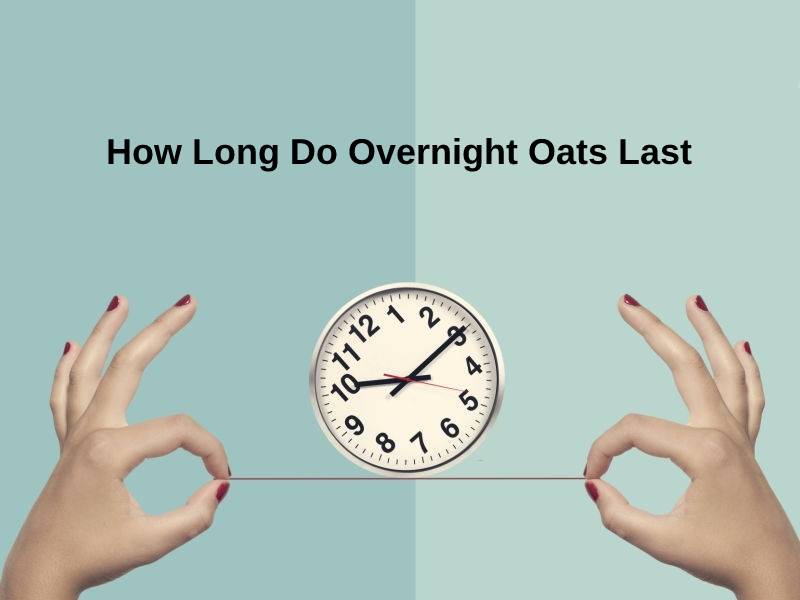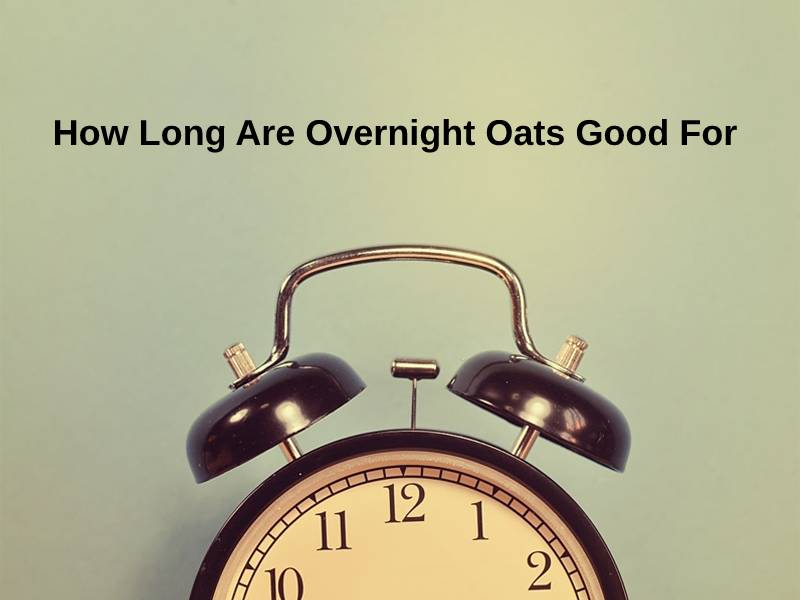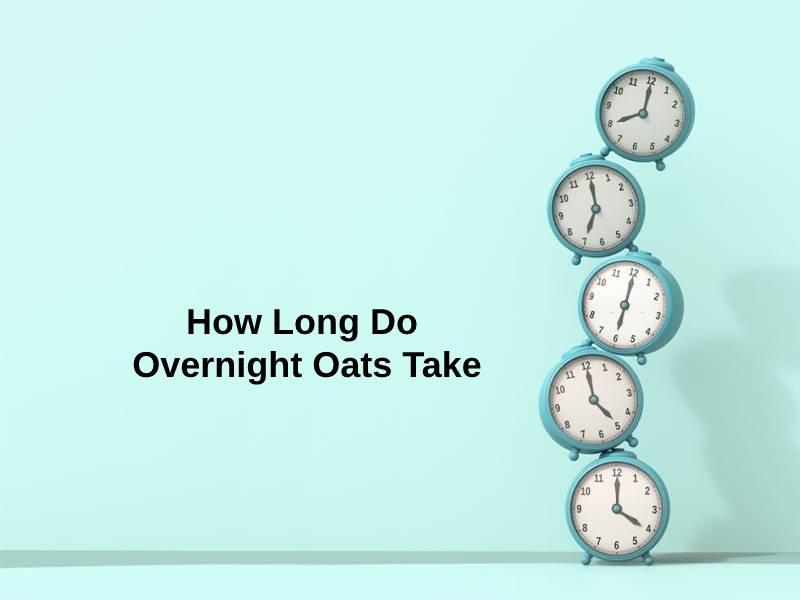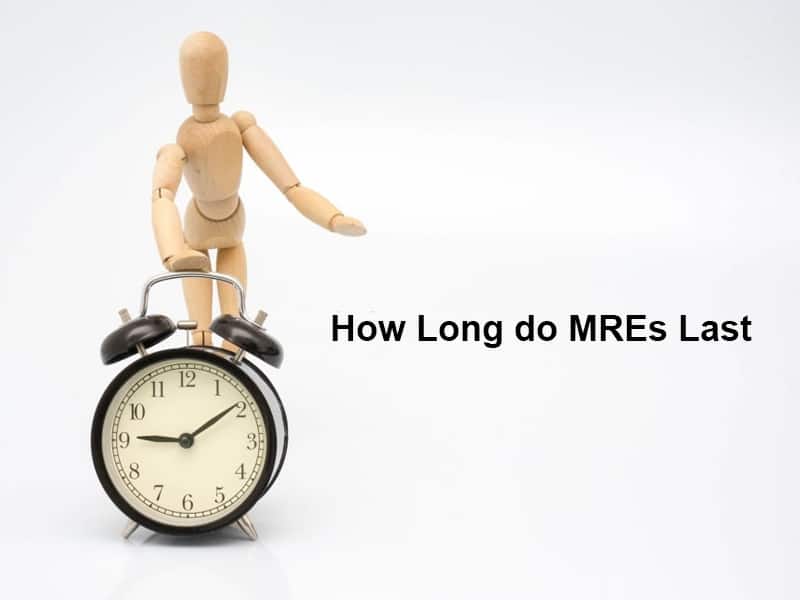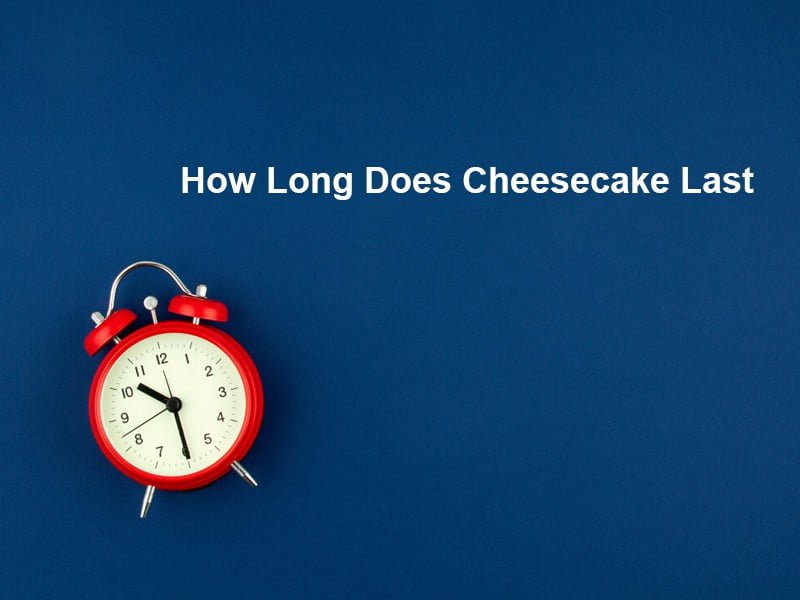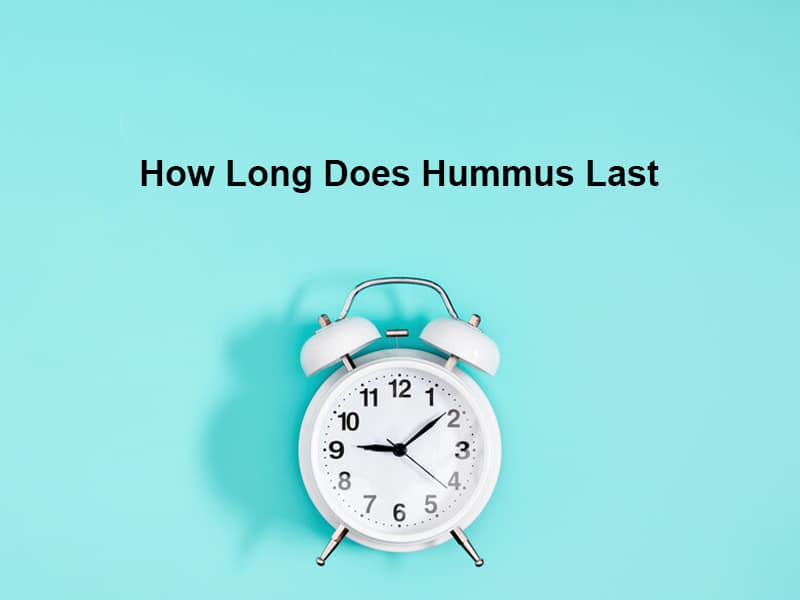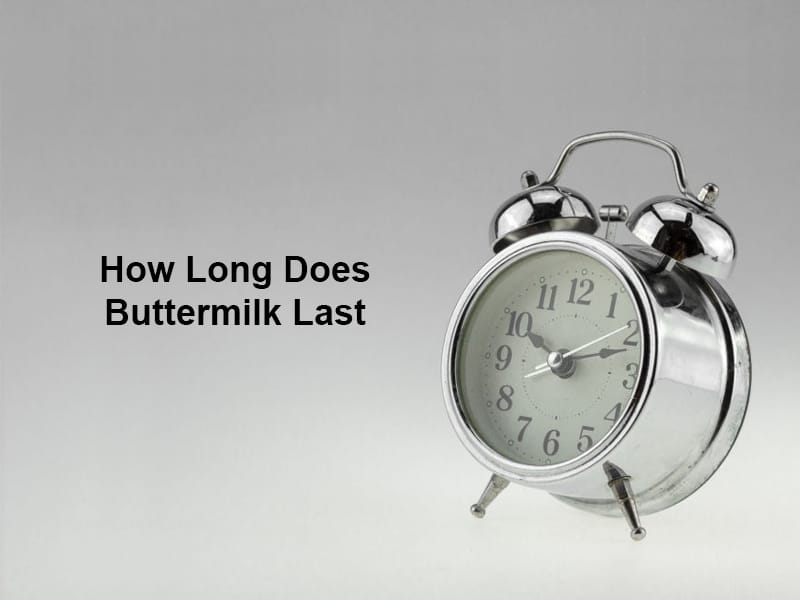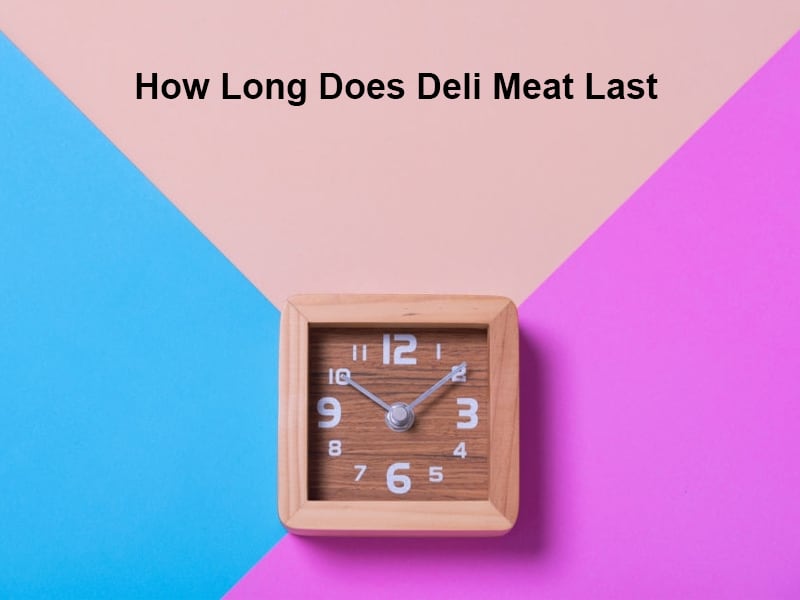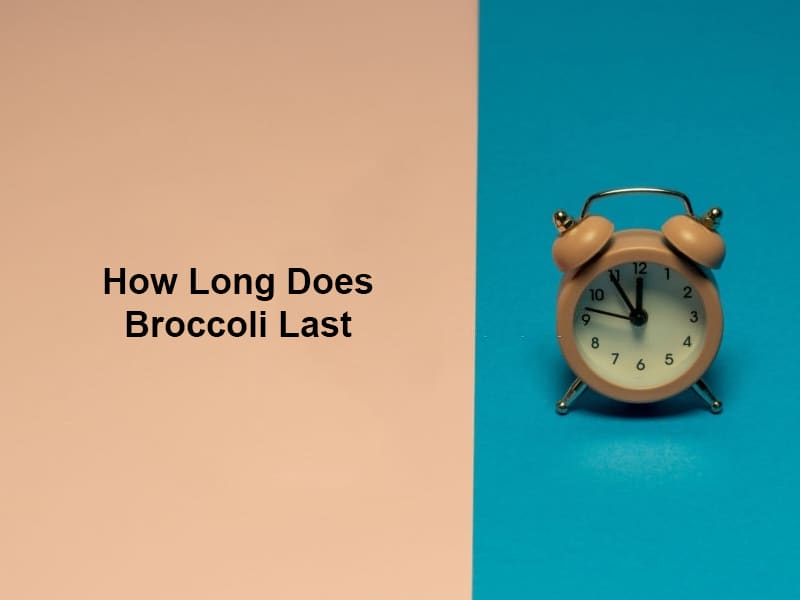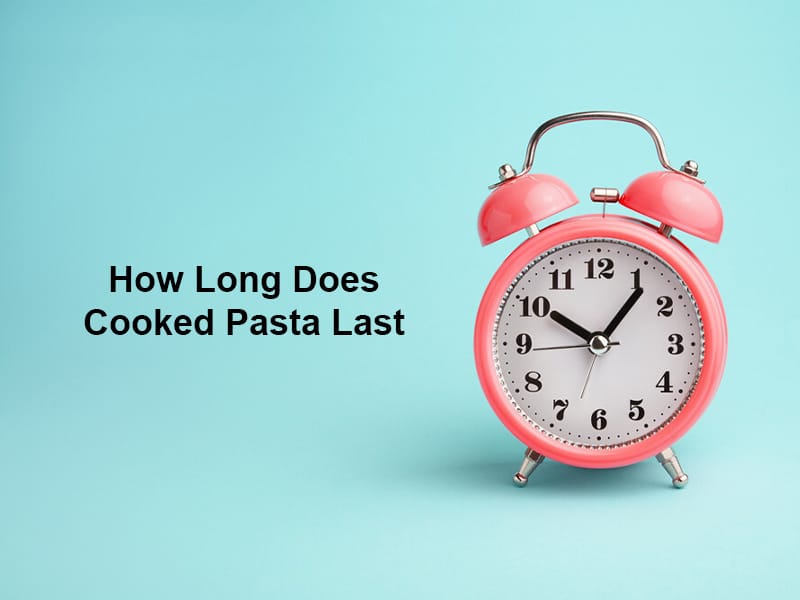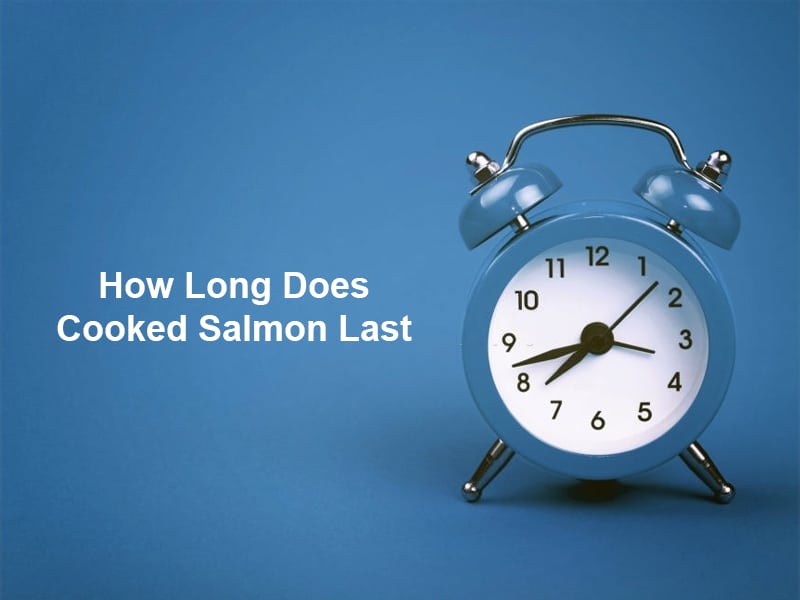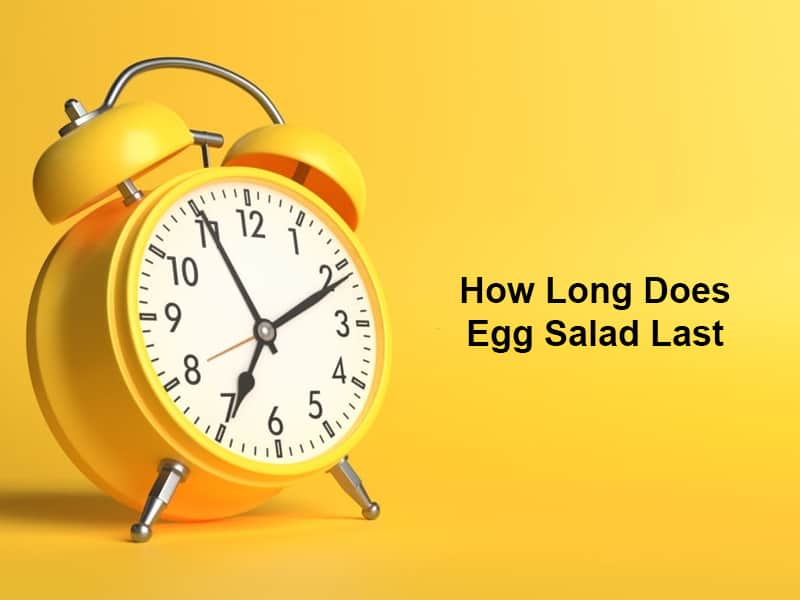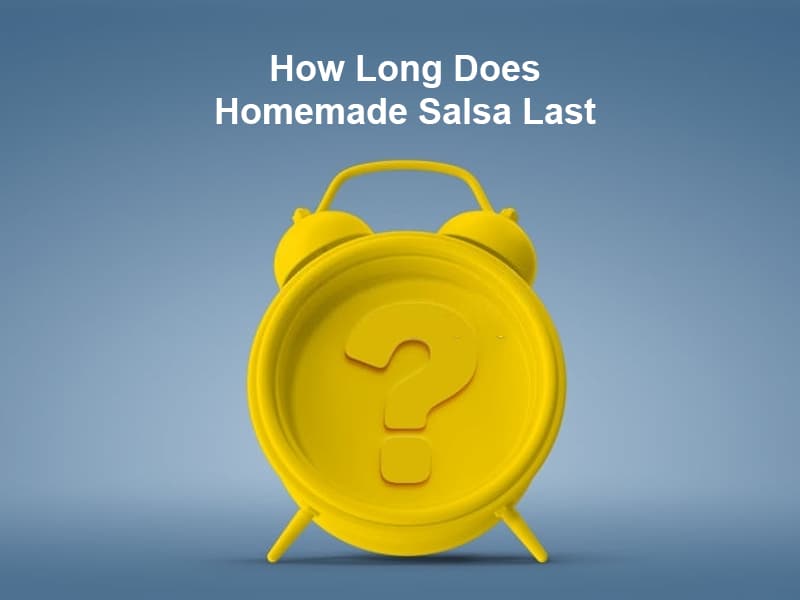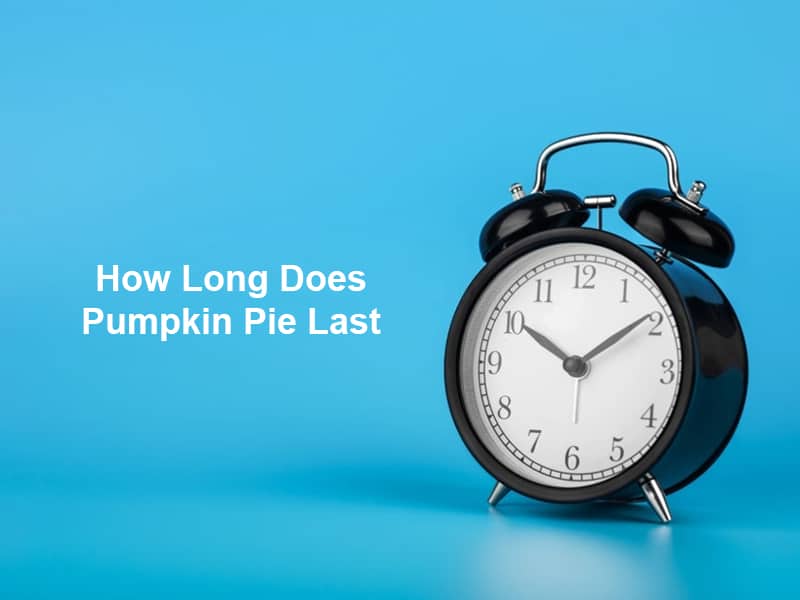Exact Answer: 12 months to 2 years
Oats, formally known as Avena sativa, are a whole-grain food. Cooking oat groats, which are the most complete type of oats, take a long time to boil. As a result, most individuals prefer oats that have been rolled, crushed, or steel-cut. The most intensively processed oats are instant (quick) oats. Although they cook in the smallest amount of time, the texture may be mushy.
Oatmeal, which is prepared by boiling oats in water or milk, is a popular morning food. They also have a higher protein and fat content than other grains. Oats are rich in vitamins and minerals, and plant components that act as antioxidants. Porridge is a term used to describe oatmeal. Muffins, granola bars, cookies, and other baked items frequently include them.
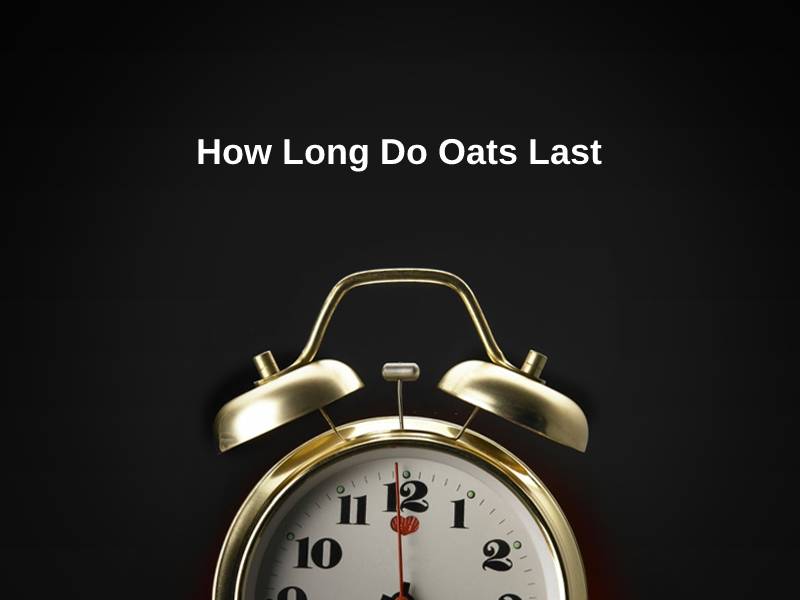
How Long Do Oats Last?
| Types of oats | Lasts for |
| Steel-cut oats | 12 months |
| Rolled-oats | 1 to 2 years |
The shelf life of oats varies greatly depending on how they were handled, whether they were cooked, whether perishable substances were added, and how they were stored.
If the container is kept unopened or the oats are stored in an airtight container, commercially processed and undercooked rolled, instant or steel-cut oats can be stored for at least 12 months and up to 2 years.
The majority of manufacturers recommend eating your oats within a year. The “best by” date printed on the packaging reflects this. The best-by date on the label is just a guess as to how long the oats will keep their best quality. If you look after your oats properly, they will last for months after the expiration date.
Examine the appearance of your oats if you’re not sure how long they’ve been kept. If you find any molds on oats, get rid of them. Mold, on the other hand, does not always grow on the tops of the oats. If the oats smell rotten or strange in any way, throw them away. Get rid of the oats if you spot any bugs, either dead or living.
When it comes to cooked oatmeal, check for the following: if it smells terrible, mold grows on top, or if it’s been in the fridge for more than 5 days, it’s probably no longer safe to consume.
Some oats can be stored after they have expired, however, this depends on the type of oats. Steel-cut and rolled oats, for example, can keep their quality for another year or perhaps longer. More upscale kinds, such as quick oats and those flavored with dried fruit and other ingredients, may begin to lose quality considerably sooner, as early as a few months beyond the expiration date. It’s time to open a fresh bag of oats if you make a bowl and it tastes stale.
Why Do Oats Lasts For So Long?
In comparison to many other foods, oats have a long shelf life. Steaming is a common technique for commercially processed oats, which helps to their long shelf life. Unstabilized oats are those that haven’t been cooked during processing and have a shorter shelf life of 3–4 months.
Oats should be stored in the refrigerator, dry location away from heat sources. This may be done in the pantry or a kitchen closet. When the package is not in use, make sure it is properly sealed to protect the oats from moisture, smells, and any pantry pests that could find their way to the storage spot. Consider using a plastic lidded container instead of the box of oats if the package can’t be sealed firmly.
When preserving cooked oats, use a tight-seal container and keep it refrigerated until ready to consume. If you’re freezing it, make sure it’s in a sealed container to avoid freezer burn.
Conclusion
Oats are one of the world’s healthiest grains. They’re a gluten-free whole grain that’s packed with essential vitamins, minerals, fiber, and antioxidants. Oats and oatmeal offer several health advantages, according to studies. Weight loss decreased blood sugar levels and a lower risk of heart disease are just a few of the benefits.
Commercially processed oatmeal can survive 12 – 23 months if kept dry. Keep any form of oatmeal away from excessive moisture and oxygen exposure to extend its shelf life. Cooked oatmeal should always be kept refrigerated or frozen until ready to consume.

